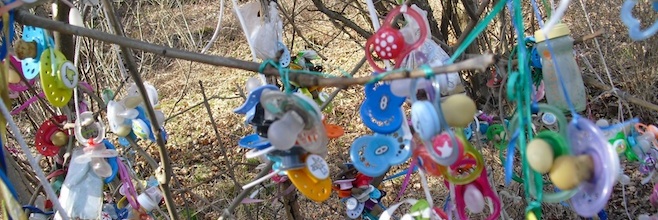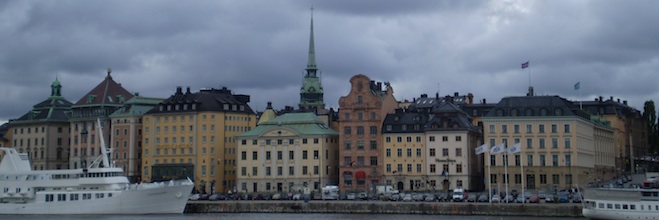Tag: Sweden
-
This is more a post about staycations but it’s still travel, right?
-
Having watched the 2015 Eurovision final in its entirety, I would agree with the general observation that the entrants this time around were mostly lacking in the somewhat indescribable pizazz that is compulsory if you want to win.
-
Åsa Strålande in ‘Tanto’
•
13 min read
Tanto is a work of fiction set in present-day Stockholm, and features locations and practices that will be familiar to residents of that city but which may seem strange to non-Swedes (as may the dialogue, which is almost exclusively rendered in Swedish). However, the story also features several fictional venues and—needless to say—characters and is…
-
SIPRI Yearbook 2012: its part in my downfall
•
2 min read
Heh, heh. Well, not really. But in the spirit of Spike Milligan, one could say that the last six months, during which I’ve been working at the Stockholm International Peace Research Institute (SIPRI) as an editor, have well and truly opened my eyes to what’s goin’ ahn in this crazy, mixed up world.
-
In celebration of my impending departure from K-Town, here’s a little gallery of images taken throughout 2011 that, for me anyway, brings back some lovely memoreez …
-
Just like a Californian burrito maker, I’ve been preventing myself from spilling the beans by keeping them strictly under wraps (rim-shot!) but now seems as good a moment as any to announce that I will be moving to Stockholm. In ten days.
-
Hourly forecast for Karlskrona (Blekinge, Sweden)
•
2 min read
While most of my Australian friends sweat it out in typical summer fashion, here’s what we’ve got to look forward to over the next two days:

![[d/dn]](https://i0.wp.com/daveydreamnation.com/wp-content/uploads/2024/09/oie_l521ir34eJuC.png?fit=136%2C116&ssl=1)



